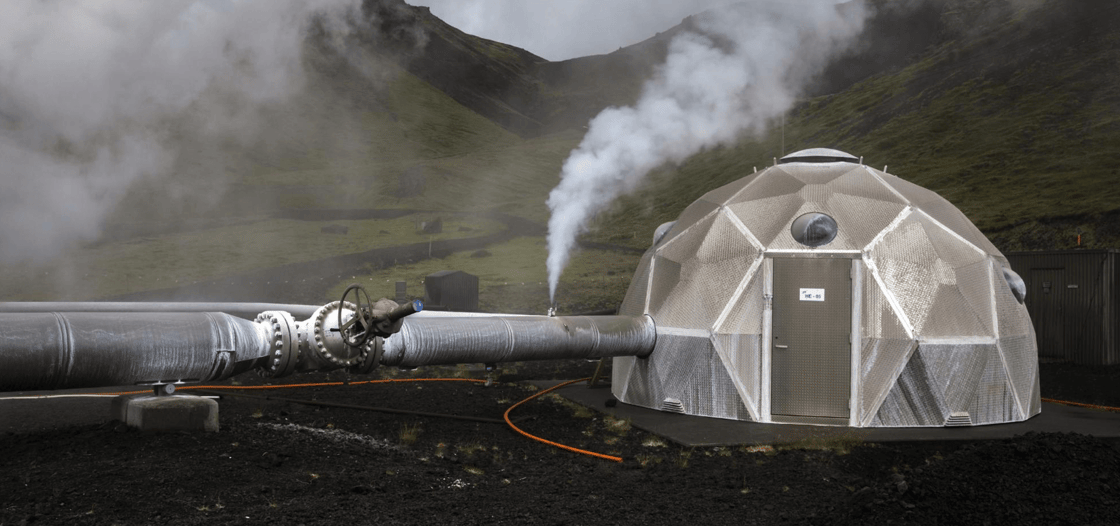
Kazakhstan is sticking to its plan to raise oil output next year, potentially creating further tension with its OPEC+ partners.
“I order the Energy Ministry to intensify efforts to increase natural gas and oil output,” Prime Minister Olzhas Bektenov told a government meeting in Astana on Tuesday. The Energy Ministry must ensure that 2025 oil production is at the planned level, he said.
Central Asia’s largest producer said in August that it was targeting 97.2 million metric tons of oil production in 2025. Since that figure was announced, there has been a major shift in OPEC+ production policy that will see members’ output curtailed for much longer than expected.
In an attempt to shore up global oil prices, the producer group agreed to postpone its planned output revival for a third time from January until April. It will also slow down the pace of monthly output hikes when they do eventually begin, fully rolling back its output cuts a year later than initially planned.
Kazakhstan has already been under pressure from the leaders of OPEC+, Russia and Saudi Arabia, for largely failing to implement its share of production cutbacks pledged at the beginning of 2024. The country has also fallen short of pledges to make additional curbs as compensation for initial overproduction.
Astana is able to increase oil production thanks to a $48.5 billion development led by Chevron Corp. at the Tengiz oil field, which is expected to start pumping in the second quarter of next year.
The oil production plans in the country’s budget indicate an increase of 9.4 million metric tons next year, or about 190,000 barrels a day. Yet under the latest agreement between the Organization of Petroleum Exporting Countries and its allies, Kazakhstan should raise output by no more than 41,000 barrels a day in 2025 — and probably less once its compensation cuts are factored in.
Kazakhstan’s production plans don’t always come to fruition. Output this year is currently expected to reach 87.8 million metric tons, down from an earlier plan of 90.3 million tons, Energy Minister Almassadam Satkaliyev said at Tuesday’s meeting. Last year, the Economy Ministry had expected 2024 oil production to reach 95.4 million tons.
This shortfall, combined with a drop in crude prices, has put pressure on the country’s economy. Deputy Prime Minister Nurlan Baibazarov said last month that national budget will get 2 trillion tenge ($3.8 billion) less revenue than previously expected. The country had to tap its national oil fund to fill the gap, increasing the pressure on inflation.
The International Monetary Fund noted in October that “urgent action is needed to strengthen the fiscal policy framework” in Kazakhstan.
Generated by readers, the comments included herein do not reflect the views and opinions of Rigzone. All comments are subject to editorial review. Off-topic, inappropriate or insulting comments will be removed.
MORE FROM THIS AUTHOR
Bloomberg











